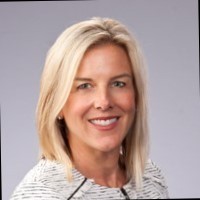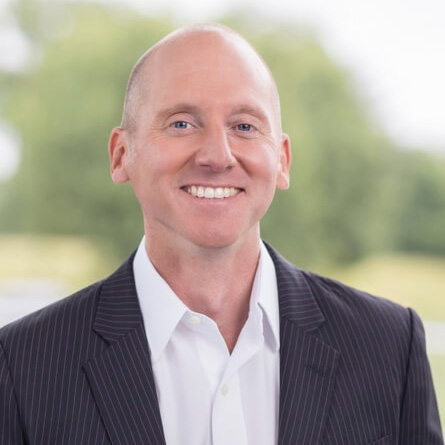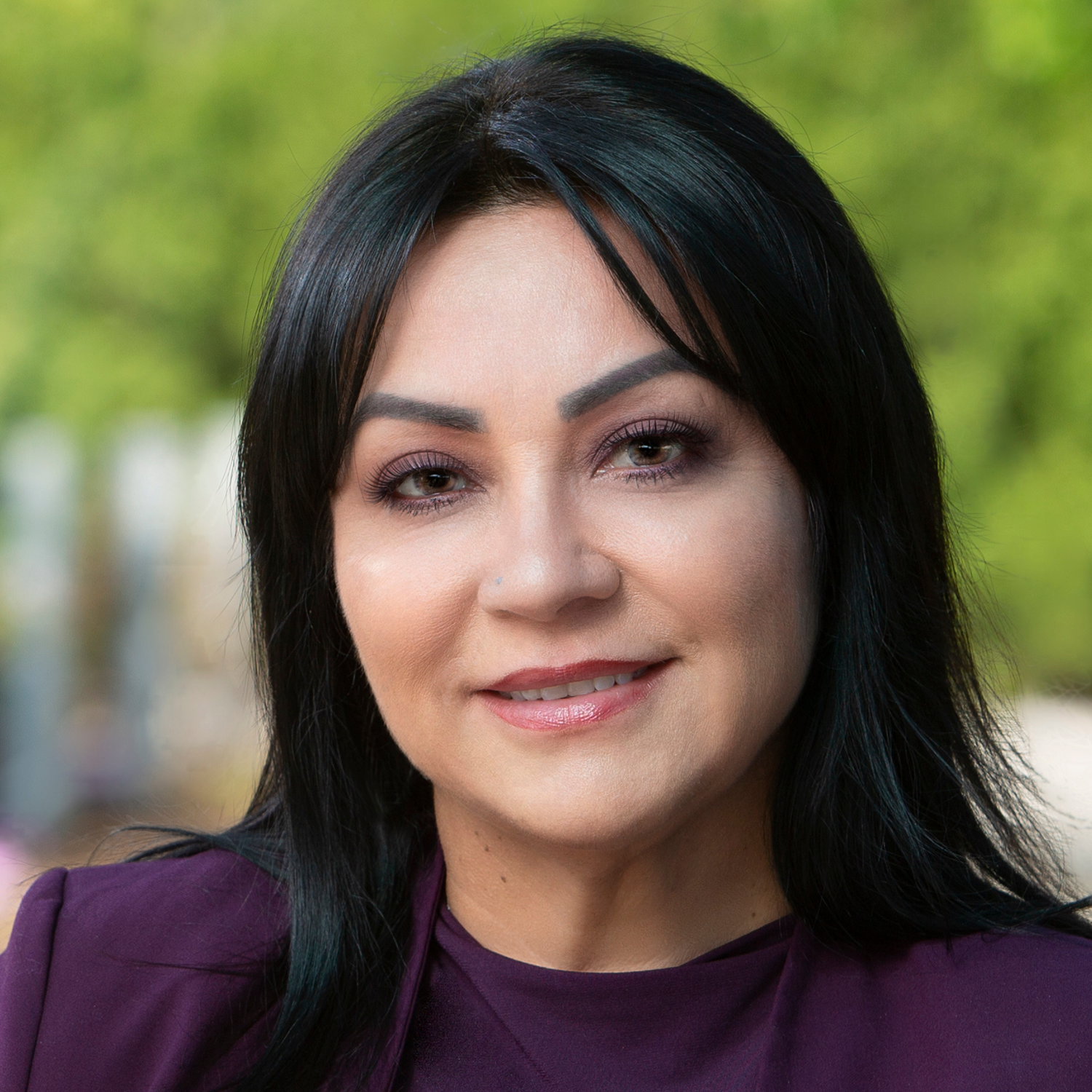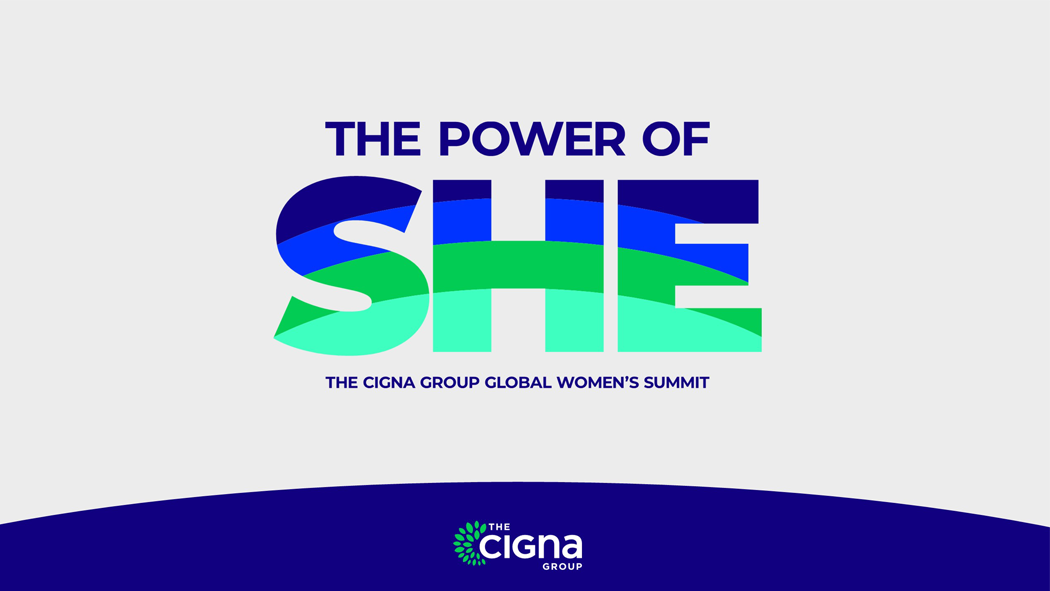
Supporting women and advancing equity in the workplace requires a consistent, open, and honest dialogue – a collective will that inspires individuals and leaders to take action.
That is the purpose behind The Cigna Group’s annual Global Women’s Summit, a two-day employee experience featuring motivational sessions, panels, and presentations from industry experts and inspiring leaders across the enterprise. The summit provides advice and insights on personal growth, professional development, and career transformation.
“This summit reflects our commitment to building an inclusive culture and sense of belonging.”Hollie Ward, vice president of talent development at The Cigna Group
“Advancing diversity, equity, and inclusion takes hard work and a continued effort to create space for everyone to succeed," Ward said as she kicked off this year’s summit, which was held virtually.
Read on for a few of the most inspiring takeaways from the summit.
You aren’t alone: Embrace a growth mindset through networking
There is not one clear path to success. The road to career mobility and growth is often paved by obstacles, trials, and tribulations. There is, however, one guiding principle to career growth, according to the first panel at this year’s summit: Foster a network of like-minded peers who can support your journey. Panelists shared practical advice and stories focused on ways your network can help you develop leadership skills and embrace a growth mindset.
One panelist, Dr. Christina Stasiuk, a regional medical executive at Cigna Healthcare, noted that a strong network of peers can help you recognize and capitalize on your strengths – especially if you find yourself being criticized frequently.
Early in my career it was difficult to identify my strengths, as I was often the only woman in the room,” Dr. Stastiuk said. Her network of peers helped her shift her mindset and break out of that environment. Dr. Staustik reached out proactively for feedback and was empowered to learn that her peers shared a much more positive outlook on her strengths and abilities than she had thought. Today, she operationalizes this for others by building feedback loops into her team, leveraging individual strengths to complement one another.
For Kiyomi Griess, a leadership development senior advisor at The Cigna Group, the benefits of building a network are to gain a deeper understanding of your organization and its needs, create opportunities to share resources and best practices, and curate advisors who can help to develop your skills and expertise. Griess offered a simple, yet effective tip for expanding your network. She created a habit of closely reviewing each email address she encounters in her day-to-day work. When there is a name she doesn’t recognize, she reaches out to connect one-on-one to establish a relationship.
This tip significantly bolstered her network and sparked new connections – and not one person has denied her request to meet. The resulting network has proven crucial to help her navigate challenging moments in her career, providing a feedback-loop and a group of trusted advisors.
“It's okay to feel unsure and uncomfortable when you’re facing a challenge or an opportunity for growth,” Griess said. “Just be sure to have people in your corner that can help you work through and reality test your fears and capabilities, so you’re not held back from achieving what you really want.”
Tania Hazley, a senior product strategy manager at Evernorth, added that moments of discomfort lead to personal growth. She said that as a leader, you may find yourself as the only person in the room who looks like you: You may be the only female or the only person of color, and that can make you uncomfortable. Stepping out of your comfort zone and leaning on your professional network is where you see what you’re made of and learn who you really are, she said.
Leading with integrity is key to long term success
Many aspire to advance through the ranks of a company, but doing so in a sustainable way without compromising core values is easier said than done. During a panel on this topic, seasoned leaders from The Cigna Group shared their advice about career longevity.
For January Realista, managing director of care solutions strategy at Evernorth, integrity is the foundation of longevity. “Compromising your integrity will lead to short-term bursts of achievement, but in the end, long-term success is rooted in integrity,” she said. “If you say something, do it and make sure you’re not going against your or your company’s values.” Change is inevitable, so find ways to be flexible, resilient, and agile to drive transformation, and lean on your integrity during times of change, she added.
Christie Washington, director of implementation, client services operations, at Evernorth, views leadership as an act of service, and this purpose has served as a guiding light to navigate her through career advancement. “People, specifically your colleagues, customers, and clients, are the most important resource,” she said. “Leadership as an act of service means being present, listening, and acting on the needs and concerns of those you serve. This will prove invaluable to sustaining relationships that support long-term career advancement.”
Inclusive leadership and sponsorship empowers growth
To support and uplift the careers of women, it is crucial to have inclusive leaders and sponsors, regardless of their gender.
“As a leader you must create space and provide resources for everyone to grow and feel empowered in their career, and sponsorship is a key component of that commitment.”Brian Evanko, executive vice president and chief financial officer, The Cigna Group
Not to be confused with mentorship – someone who coaches you one-on-one to develop your personal attributes – sponsorship is having someone who supports you publicly, putting your name forward when you’re not in the room and helping recognize when unconscious biases are emerging.
During a panel on inclusive leadership, Fred Bendaña, vice president and general manager of Evernorth sales and business development, said that a successful protégé-sponsor relationship must be active and dynamic – it requires hands-on engagement, active listening, and accountability. When asked what he looks for in a protégé, he said he seeks someone who is curious and prepared to own their career journey. It’s the role of a sponsor to be there to advocate for someone when they’re not in the room, to be that person that will actively seek new opportunities on their behalf and advance their goals and aspirations. Leaders hold a responsibility to sponsor those who want to grow, he said.
Arjan Toor, CEO Europe, International Health, Cigna Healthcare, spoke about a leader’s role in fostering inclusivity.
“Diversity, equity, and inclusion means something different to everyone, and it is important to create an environment of psychological safety where people can openly talk about this topic, where every individual on the team can share what they need – that will ultimately lead to greater inclusion,” he said. He added that he has evolved his leadership style to actively be more vulnerable in front of his team, to encourage others to feel psychologically safe, and to demonstrate that different viewpoints and perspectives are welcome. He also noted that everyone has unconscious bias, and leaders must prioritize giving people permission to challenge and combat bias when it occurs.
Give yourself permission to take risks
Amid all the inspiring advice from this year’s summit, one common theme persisted in every session: Give yourself permission to take risks. Instead of waiting for opportunities to arise, give yourself permission to take risks and chart a new path. When obstacles stand in your way, give yourself permission to pivot and be a beginner again and commit to a constant learning.
During a keynote session on breaking barriers and career transformation, Yassmin Abdel-Magied, engineer, author, broadcaster, and award-winning social advocate, shared how this theme impacted her journey. Early in her career as one of the first female Muslim engineers on male-dominated oil and gas rigs in Australia, she worked in an environment full of conscious and unconscious bias, where her differences were amplified and stereotypical expectations were imposed on a daily basis.
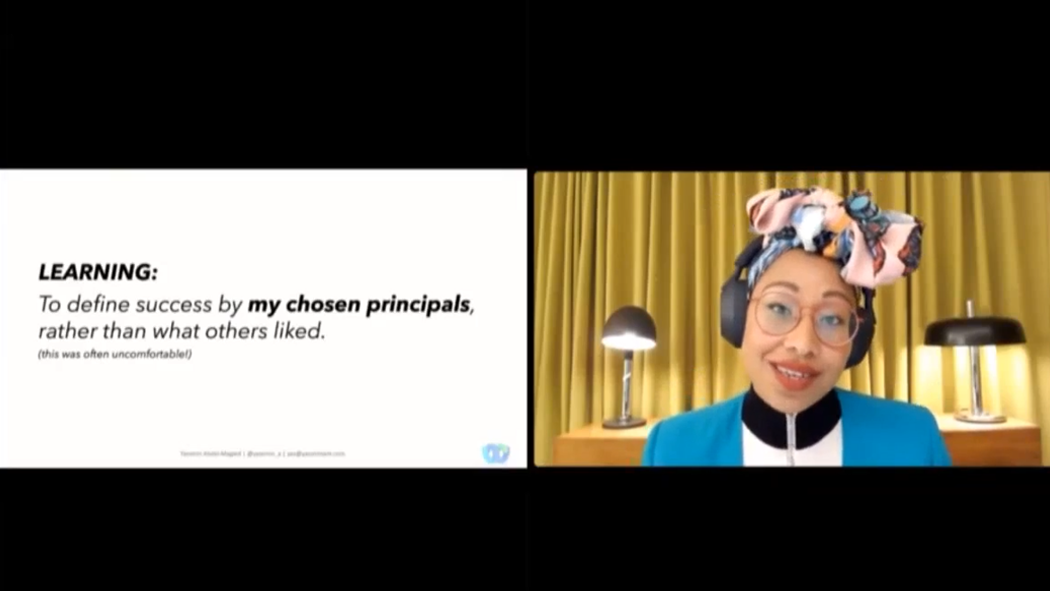 Abdel-Magied shares her personal and professional journey during a keynote session
Abdel-Magied shares her personal and professional journey during a keynote session
And amid that challenging environment, Abdel-Magied decided to take a risk and try something new. Those who are most adaptable survive, she said, as we live in a world of constant change that requires us to constantly pivot and reassess. She wrote a book about her experiences, taking a year without pay, which eventually led her on a path to a successful career as an author, broadcaster, and viral sensation.
“I gave myself permission to pivot and be a beginner again. In the writing world, my engineering experience gives me no credit as a writer, but I started again – being a beginner is a wonderful thing, don’t be afraid of the learning curve,” Abdel-Magied said.
A sense of belonging translates to greater performance and innovation
Eliana Nunez, vice president of DEI at The Cigna Group, closed out the summit by underscoring the importance of belonging, and the broader impact of DEI at The Cigna Group.
Nunez reflected on her journey immigrating to the U.S. from Colombia at five years old. As a young child, she said wanted nothing more than to feel a sense of belonging in her new country and community.
“As humans, we’re compelled to seek connection, to be treated with respect and dignity, and to trust and be trusted.”Eliana Nunez, vice president of DEI at The Cigna Group
In the workplace, this translates to wanting to trust and be trusted by our co-workers – for the work that we do – and by the customers and communities we serve.
When we operate in an environment where we feel included, feel like we belong, and feel trusted, we’re able to thrive and fulfill our greatest potential, she said. This translates to greater engagement, greater performance and more innovation. When our employees feel like they belong and can bring their authentic selves to work, we’re better able to improve the vitality and health of our co-workers, customers, clients, care teams and communities.
Reflecting on the many inspiring topics covered during this year’s summit, Nunez concluded with a clear message: We must challenge the status quo to foster a sense of belonging for everyone. At the end of the day, she said, we all must take ownership in driving systemic change. Together, our reach is enormous and we have a responsibility to advance diversity, equity, and inclusion for all.
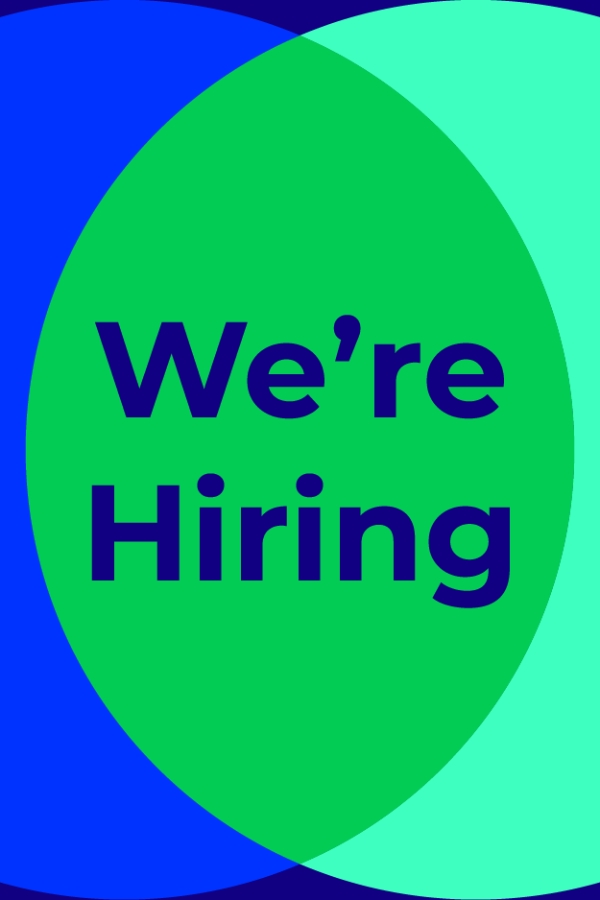
Inspired by the amazing leadership at The Cigna Group? Join the team.
Explore opportunities at The Cigna Group or with one of our subsidiaries and discover the impact you can make.
